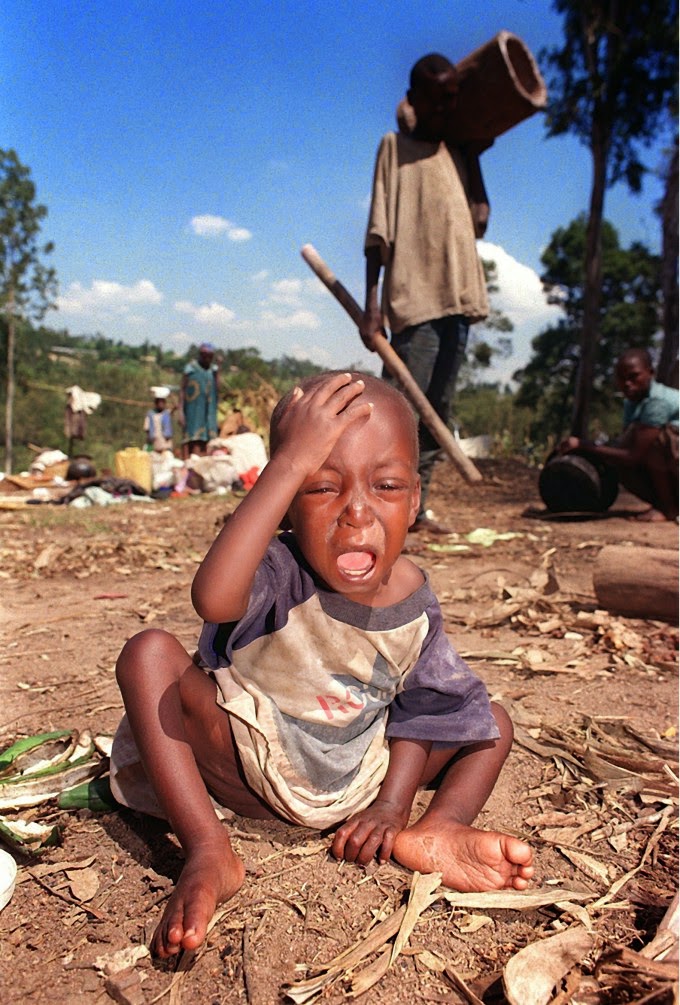"On this Day, I appeal to the international community to do more than just speak about atrocity crimes and then fail to take timely action to prevent them. I call on all to summon the courage to act before situations deteriorate based on our collective moral responsibility. This is critical for the maintenance of international peace and security."
—Secretary-General Ban Ki-moon
in his message for the 21st commemo
of the Rwanda genocide
 April 7, 2004 was recognized as an international observance the International Day of Reflection on the 1994 Genocidein Rwanda by the United Nations. Commemorative events were held in several world capitals including Kigali, Rwanda, New York City, Dar-es-Salaam, Tanzania, Geneva, Switzerland. and
April 7, 2004 was recognized as an international observance the International Day of Reflection on the 1994 Genocidein Rwanda by the United Nations. Commemorative events were held in several world capitals including Kigali, Rwanda, New York City, Dar-es-Salaam, Tanzania, Geneva, Switzerland. and
All member states of the UN were invited to join in one minute of silence in memory of the victims.
In a speech given by UN Secretary-General Kofi Annan given at the Assembly Hall of the Palais des Nations, he called for actions to prevent future genocides.
Key excerpts
- "It is good that we have observed those minutes of silence together. We must never forget our collective failure to protect at least eight hundred thousand defenceless (sic) men, women and children who perished in Rwanda ten years ago. Such crimes cannot be reversed. Such failures cannot be repaired. The dead cannot be brought back to life."
- In reference to the related lingering crisis in Sudan, "It is vital that international humanitarian workers and human rightsexperts be given full access to the region, and to the victims, without further delay. If that is denied, the international community must be prepared to take swift and appropriate action. By “action” in such situations I mean a continuum of steps, which may include military action. But the latter should always be seen as an extreme measure, to be used only in extreme cases... But let us not wait until the worst has happened, or is already happening."



No comments:
Post a Comment